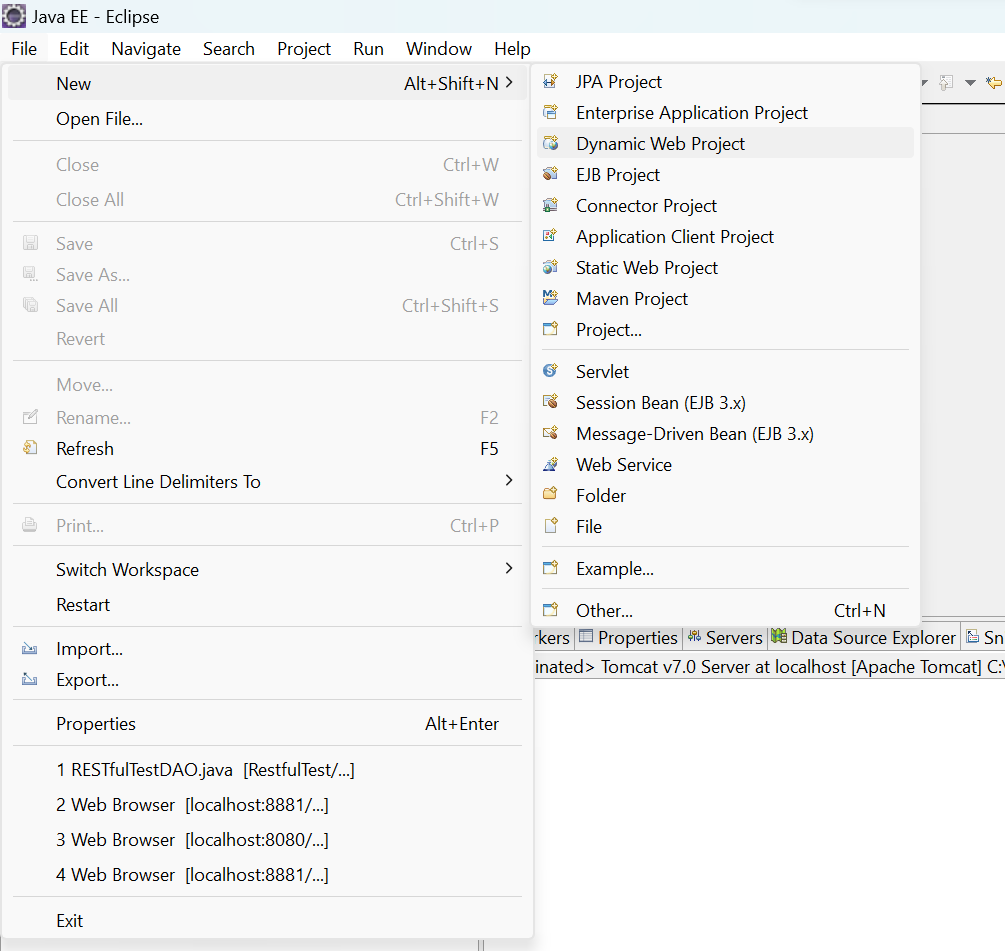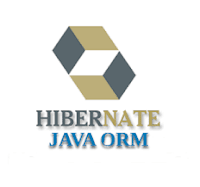What is PLSQL ?
What is SQL?
SQL is a short-form of the structured query language, and it is pronounced
as S-Q-L or sometimes as See-Quell.
What is PLSQL?
PL/SQL stands for “Procedural Language extensions to the Structured Query
Language”. It is program or block of SQL statements to perform various
operation with table or data.
PL/SQL is a block structured language that enables developers to combine
the power of SQL with procedural statements. All the statements of a block are
passed to oracle engine all at once which increases processing speed and
decreases the traffic.
Disadvantages of SQL:
|
1 |
SQL doesn’t
provide the programmers with a technique of condition checking, looping and
branching. |
|
2 |
SQL statements are
passed to Oracle engine one at a time which increases traffic and decreases
speed. |
|
3 |
SQL has no
facility of error checking during manipulation of data. |
To overcome the demerits of SQL, PLSQL concept came, let’s discuss about
PL/SQL.
Features of PL/SQL:
|
1 |
PL/SQL is
basically a procedural language, which provides the functionality of decision
making, iteration and many more features of procedural programming languages |
|
2 |
PL/SQL can execute
a number of queries in one block using single command |
|
3 |
One can create a
PL/SQL unit such as procedures, functions, packages, triggers, and types,
which are stored in the database for reuse by applications |
|
4 |
PL/SQL provides a
feature to handle the exception which occurs in PL/SQL block known as
exception handling block |
|
5 |
Applications
written in PL/SQL are portable to computer hardware or operating system where
Oracle is operational |
|
6 |
PL/SQL Offers
extensive error checking |
Differences between SQL and PL/SQL:
|
SQL |
PL/SQL |
|
SQL is a single
query that is used to perform DML and DDL operations |
PL/SQL is a block
of codes that used to write the entire program blocks/ procedure/ function,
etc |
|
It is declarative,
that defines what needs to be done, rather than how things need to be done |
PL/SQL is
procedural that defines how the things needs to be done |
|
Execute as a
single statement |
Execute as a whole
block |
|
Mainly used to manipulate
data |
Mainly used to create an
application |
|
Cannot contain PL/SQL code
in it |
It is an extension of SQL,
so it can contain SQL inside it |
Structure of PL/SQL Block:
PL/SQL extends SQL by adding constructs found in procedural languages,
resulting in a structural language that is more powerful than SQL. The basic
unit in PL/SQL is a block. All PL/SQL programs are made up of blocks, which can
be nested within each other.
Typically, each block performs a logical action in the program.
Example of a PLSQL block:
DECLARE
Variable/constant declaration statements;
BEGIN
Business logic/executable statements;
EXCEPTIONS
Exception handling statements;
END;
Declare section starts with DECLARE keyword in
which variables, constants, records as cursors can be declared which stores
data temporarily. It basically consists definition of PL/SQL identifiers. This
part of the code is optional.
Execution section starts with BEGIN and ends with
END keyword. This is a mandatory section and here the program logic is written
to perform any task like loops and conditional statements. It supports all DML
commands, DDL commands and SQL*PLUS built-in functions as well.
Exception section starts with EXCEPTION keyword. This
section is optional which contains statements that are executed when a run-time
error occurs. Any exceptions can be handled in this section.
PL/SQL identifiers:
There are several PL/SQL identifiers such as variables, constants,
procedures, cursors, triggers etc.
Variables:
Like several other programming languages, variables in PL/SQL must be
declared prior to its use. They should have a valid name and data type as well.
Syntax for variable declaration :
Variable_Name [CONSTANT ] Datatype [NOT NULL := value ];
Example of variables declaration in PL/SQL :
AGE INTEGER;
NAME VARCHAR2 (20);
IS_DELETED CHAR (1):=’N’;



Comments
Post a Comment